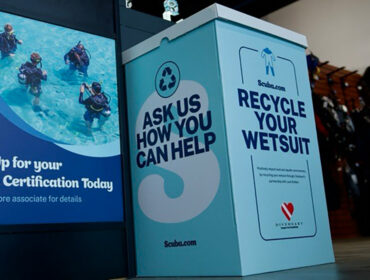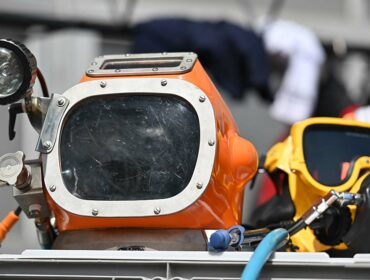Scuba Diving and Boats are an obvious match. With the just the feel of being at sea, cool sea breeze in your hair and the excitement of the dive, it’s all part of the sensory experience that is boat diving. However, you are almost never alone when in a dive boat. Boat diving is a great way to meet other divers with various experience levels but along with it comes an unspoken code of conduct.
You would think more experienced divers should know all of these pet peeves and make for pleasant company on the dive boat, but very often it’s the experienced diver that’s too smug to care or inconsiderate to other divers which really just ruins it for everyone. So whether you’re a rookie diver or a seasoned pro it’s good to know the do’s and don’ts of dive boat etiquette to preserve order and just get along when diving in groups, especially when you don’t know one another.
1. Never keep the boat waiting.
Always get to the dive boat early and load up your scuba gear well before time to leave. Arriving late is going to piss off a bunch of divers you don’t even know as yet and even getting there just on time is going to delay the boat from leaving until you and your equipment are all settled in.
2. Pack as compact as your can.
Use a Scuba gear bag and not a massive trunk size kit that takes up as much place as if your Scuba gear and equipment were scattered all over the deck. You want to pack all your gear as compact as you can to store it easily under the seat and not take up too much room. You have to remember that there are anywhere between 6-16 divers each with their 50lbs or more of dive gear on that dive boat, you need to be considerate about space which is a valuable commodity on dive boats.
3. Check and assemble your dive gear on the way to the dive site.
Keep all your scuba equipment and gear centralized in one place on the dive boat. Work from your Scuba gear bag and don’t spread all your gear and equipment in a pile on the deck floor for someone to trip over. Assemble and check all your gear well before you reach the dive site and not once you arrive.The whole idea is to be ready to jump in once the boat stops at the dive site. Getting ready before you have to dive in also helps if there is a problem with your gear or if something has to be changed without holding up the others waiting their chance to jump in.
4. Pay attention to the dive briefing
No matter how many times you may have dived the same site or heard other dive briefs there is no way you know everything there is to know about it. Dive site conditions change from time to time, currents, water temperature ans what you may see there and not to mention there are others on the boat who have never dived the site before and are actually listening to the dive master and his instructions. So keep your mouth shut and your ears open during the brief, chit-chatting while someone is talking is not only rude but makes you look incredibly stupid.
5. When it’s your turn, be quick.
When you get in line for the gate you better be ready. Don’t dilly-dally at the gate. While you’re zipping up your wetsuit, opening your Scuba tank valves, adjusting straps and what not, you’re blocking the gate for someone who was smart enough to get all geared up while on the bench. Don’t put your fins on at the bench though and Donald Duck to the gate. If you can’t put your fins on standing up, be the last in line so you don’t shuffle across to the gate stepping on everyone’s feet to the gate.




